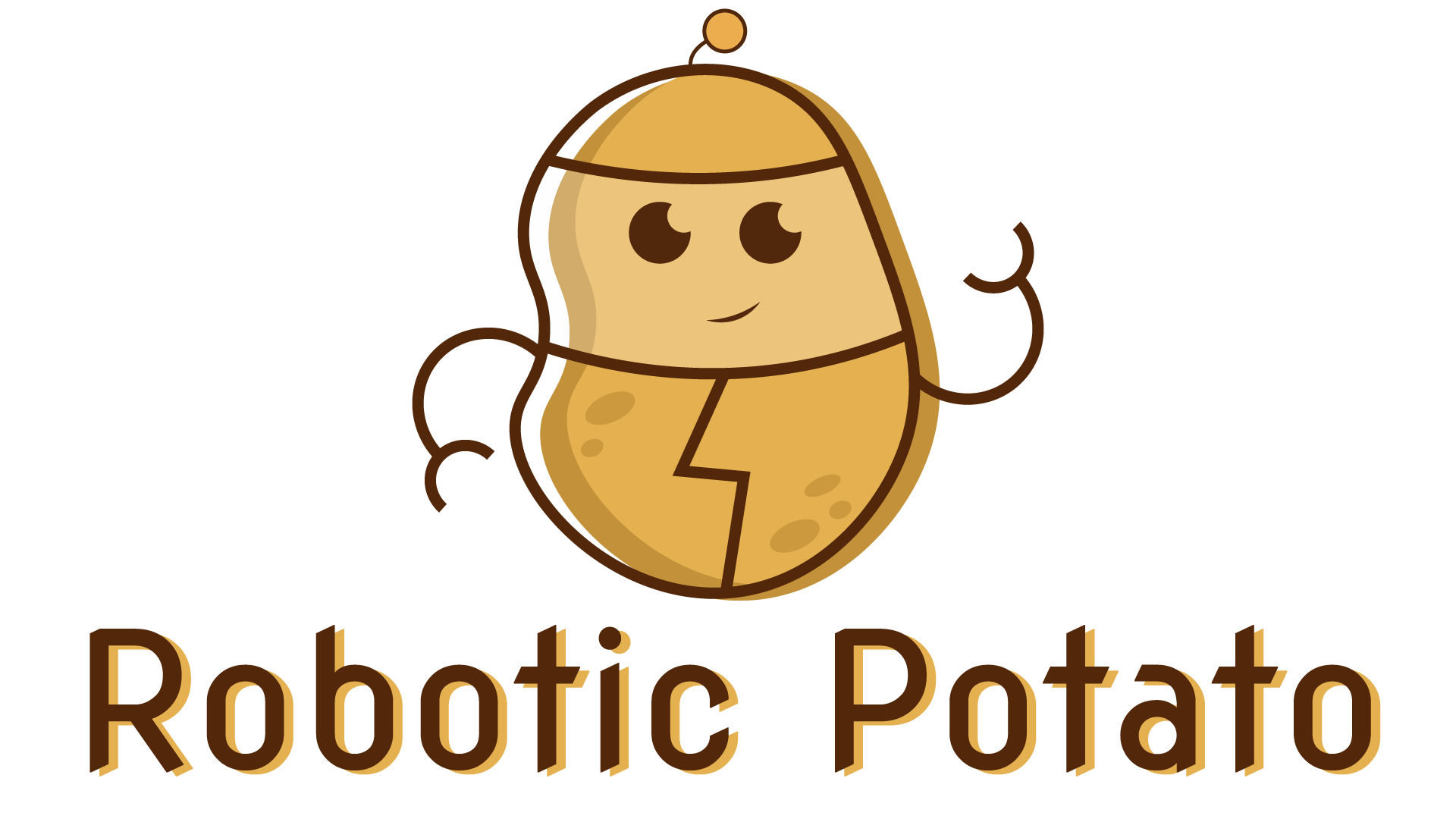In today’s fast-paced digital landscape, businesses and content creators alike are constantly seeking innovative ways to streamline their content creation processes, increase productivity, and stay ahead of the competition. One solution that has gained significant traction in recent years is the use of Artificial Intelligence (AI) solutions for content automation. By leveraging AI-powered tools, individuals and organizations can automate repetitive tasks, generate high-quality content, and maximize their online presence. From social media to video content, AI solutions offer a wide range of benefits, including increased efficiency, improved accuracy, and enhanced engagement. In this comprehensive guide, we will explore the future of content creation with AI solutions, discuss the best AI tools for automation, and provide expert guidance on how to master AI content creation.

Automating Content Creation with AI
I’m excited to share my knowledge on how to use AI to automate content creation, which has revolutionized the way we produce high-quality content efficiently.
- Choosing the Right AI Tools
- Content Generation Strategies
- Keyword Research
- Content Optimization
- Visual Content Creation
- Social Media Management
- Best Practices for AI-Powered Content Creation
- Quality Control
- Originality and Plagiarism
- Consistency and Brand Voice
- Conclusion
You can start by selecting the right AI-powered tools that cater to your content needs, such as Jasper or Grammarly for writing tasks, Canva for visual content, and CoSchedule or Zapier for scheduling and distributing content across multiple platforms.
To maximize the potential of AI in content creation, consider implementing the following strategies:
Conduct thorough keyword research to identify relevant topics and phrases that resonate with your target audience.
Optimize your content for better engagement by incorporating attention-grabbing headlines, concise paragraphs, and scannable bullet points.
Create visually appealing content using AI-generated images, infographics, and videos that captivate your audience’s attention.
Streamline social media management by automating content scheduling, posting, and engagement using AI-powered tools.
To ensure seamless integration of AI into your content creation process, adhere to these best practices:
Maintain high-quality standards by reviewing and editing AI-generated content before publication.
Verify originality and avoid plagiarism by fact-checking and citing sources whenever necessary.
Establish a consistent tone and brand voice across all AI-generated content to maintain a strong online presence.
By embracing AI-powered content creation, you can significantly boost your content production efficiency, reach a wider audience, and establish a strong online presence.
Best AI Tool for Automation
We’ve reviewed numerous AI tools for automation, and our top picks are based on their features, ease of use, and customer support.
- Selenium: As a widely-used open-source tool, Selenium is ideal for automating web browsers due to its flexibility and extensive plugin library. It supports multiple programming languages and has a large community backing it.
- Robot Framework: This popular automation framework offers a simple and easy-to-use API, making it perfect for beginners. It also integrates well with various testing frameworks and supports multiple programming languages.
- Appium: Designed specifically for mobile app automation, Appium is a powerful tool that supports multiple platforms, including Android and iOS. Its flexibility and scalability make it a top choice for many developers.
- Cypress: Known for its fast and reliable tests, Cypress is a popular choice for end-to-end testing. Its intuitive API and robust feature set make it an excellent option for teams looking for a seamless testing experience.
- TestComplete: This comprehensive automation tool offers advanced features like object recognition and data-driven testing. Its user-friendly interface and robust functionality make it a top pick for many organizations.
When choosing the best AI tool for automation, consider factors like ease of use, customization options, and integration capabilities. Our top picks offer a great balance of these features, making them ideal for a variety of automation needs.
Key Features to Consider
- Ease of Use: Look for tools with intuitive APIs and user-friendly interfaces that simplify the automation process.
- Customization Options: Choose tools that allow for flexible configuration and customization to meet your unique automation needs.
- Integration Capabilities: Select tools that integrate seamlessly with your existing infrastructure and testing frameworks.
- Scalability: Opt for tools that can handle increasing volumes of automation tasks and adapt to changing project requirements.
Conclusion is Not Required

The Best AI Tools for Content Creation
We’ve explored the top AI tools for content creation, helping you streamline your workflow and boost productivity.
-
1. Lumen5
Lumen5 is a powerful AI video creation platform that enables users to transform blog posts into engaging videos. With its intuitive interface and robust features, Lumen5 has become a go-to choice for content creators looking to diversify their content strategy.
-
2. WordLift
WordLift is an AI-powered content optimization tool that helps users enhance their content’s SEO potential. By leveraging machine learning algorithms and natural language processing, WordLift identifies areas for improvement and suggests actionable recommendations to elevate content quality.
-
3. Content Blossom
Content Blossom is an innovative AI content generation platform that uses natural language processing to create high-quality content. Its advanced algorithms enable users to customize content styles, tones, and formats, making it an ideal solution for businesses seeking tailored content solutions.
-
4. Article Forge
Article Forge is a cutting-edge AI content generator that produces well-researched and engaging articles. By leveraging its vast knowledge base and machine learning capabilities, Article Forge helps users save time and effort while maintaining high-quality content standards.
-
5. Content Blossom Pro
Content Blossom Pro is an upgraded version of the original platform, offering advanced features and customization options. Users can leverage its AI capabilities to create personalized content, optimize SEO, and streamline workflows.
-
6. AI Writer
AI Writer is a versatile AI content generation tool that assists users in crafting high-quality content. Its intuitive interface and robust features make it an excellent choice for businesses seeking to automate content creation processes.
-
7. ContentForge
ContentForge is an AI-powered content generation platform that utilizes machine learning algorithms to create engaging content. Its advanced features enable users to customize content styles, tones, and formats, making it an ideal solution for businesses seeking tailored content solutions.
-
8. WordAI
WordAI is an AI-powered content rewriting tool that helps users enhance their content’s uniqueness and quality. By leveraging its advanced algorithms and natural language processing capabilities, WordAI identifies areas for improvement and suggests actionable recommendations to elevate content quality.
-
9. ArticleRater
ArticleRater is an AI-powered content analysis tool that evaluates content quality and provides actionable feedback. Its advanced algorithms enable users to identify areas for improvement and optimize content for better engagement and SEO performance.
-
10. ContentOptimizer
ContentOptimizer is an AI-powered content optimization tool that helps users enhance their content’s SEO potential. By leveraging machine learning algorithms and natural language processing, ContentOptimizer identifies areas for improvement and suggests actionable recommendations to elevate content quality.

How Can AI Be Used for Automation?
As a technology enthusiast, I’m excited to explore the various ways AI can be utilized for automation.
-
Data Processing
One of the primary uses of AI in automation is data processing. By leveraging machine learning algorithms, businesses can quickly analyze vast amounts of data, identify patterns, and make informed decisions.
This can be particularly useful in industries such as finance, healthcare, and marketing, where data analysis plays a crucial role in driving business outcomes.
-
Task Automation
AI can automate repetitive tasks, freeing up human resources for more complex and creative work. This can be achieved through the use of robotic process automation (RPA) software, which mimics human actions to perform tasks such as data entry, bookkeeping, and customer service.
RPA can significantly reduce errors, increase productivity, and improve overall efficiency.
-
Predictive Maintenance
AI-powered predictive maintenance can help prevent equipment failures, reducing downtime and increasing overall productivity. By analyzing sensor data and machine learning algorithms, businesses can predict when maintenance is required, allowing for proactive measures to be taken.
This can be particularly beneficial in industries such as manufacturing, logistics, and energy, where equipment reliability is critical.
-
Customer Service Chatbots
AI-powered chatbots can provide 24/7 customer support, answering frequently asked questions, and helping customers with basic issues. This can lead to improved customer satisfaction, reduced wait times, and increased sales.
Chatbots can also be integrated with CRM systems, enabling businesses to personalize customer interactions and improve overall customer experience.
-
Supply Chain Optimization
AI can optimize supply chain operations, predicting demand, managing inventory, and streamlining logistics. This can lead to reduced costs, improved delivery times, and increased customer satisfaction.
By leveraging machine learning algorithms and real-time data, businesses can make data-driven decisions, optimizing their supply chain operations for maximum efficiency.
-
Content Generation
AI can generate high-quality content, such as articles, social media posts, and product descriptions. This can save businesses time and resources, while also improving content consistency and accuracy.
AI-generated content can also be used to personalize customer experiences, tailoring messages to individual preferences and behaviors.
In conclusion, AI has numerous applications in automation, from data processing and task automation to predictive maintenance and customer service chatbots. By leveraging these technologies, businesses can improve efficiency, reduce costs, and enhance customer experiences.
Can AI Replace Automation?
While AI has made tremendous strides in recent years, replacing traditional automation is unlikely, at least for now.
- Human Expertise Remains Critical
- Test Planning, Prioritization, and Interpreting Complex Results Still Require Human Judgment
- AI Complements and Enhances Automation Rather Than Replacing It
In fact, many experts believe that AI will continue to augment automation, making it more efficient and effective.
- AI-Powered Automation Tools
- Increased Efficiency and Productivity
- Improved Accuracy and Reliability
For instance, AI can help automate repetitive tasks, freeing up human resources for more strategic and creative work.
Additionally, AI can analyze large datasets and identify patterns that may elude humans, making it an invaluable tool for businesses looking to optimize their operations.
However, it’s essential to note that AI is not a replacement for human expertise, particularly when it comes to complex decision-making and critical thinking.
As we move forward, it’s likely that AI and automation will continue to evolve together, with each technology informing and enhancing the other.
This synergy will ultimately lead to greater efficiency, productivity, and innovation, making it an exciting time for businesses and individuals alike.
At Robotic Potato , we’re committed to staying ahead of the curve and exploring the latest developments in AI and automation.
We believe that by working together, we can unlock new possibilities and create a brighter future for all.

Starting an AI Automation Agency
To start an AI automation agency, you need to have a solid understanding of AI technology and its applications.
- Determine your niche: Decide what type of AI automation services you want to offer, such as chatbots, virtual assistants, or predictive analytics.
- Develop a business plan: Create a comprehensive business plan that outlines your goals, target market, pricing strategy, and revenue projections.
- Build a team: Hire experienced professionals who can help you develop and implement AI solutions for your clients.
- Invest in necessary tools and software: Acquire the necessary tools and software to develop and deploy AI models, such as machine learning frameworks, data analytics platforms, and cloud computing services.
- Establish partnerships: Collaborate with other businesses and organizations to access new markets, technologies, and expertise.
- Develop a sales strategy: Create a sales strategy that targets potential clients and showcases the benefits of your AI automation services.
- Continuously educate yourself and your team: Stay up-to-date with the latest developments in AI technology and attend conferences, workshops, and online courses to enhance your skills.
Key Considerations
When starting an AI automation agency, consider the following factors:
- Competition: Research your competition and identify areas where you can differentiate your services.
- Regulations: Familiarize yourself with regulations and laws governing AI development and deployment in your region.
- Security: Implement robust security measures to protect client data and prevent cyber threats.
- Scalability: Design your infrastructure to scale with your growing business and accommodate increasing demand.
- Sustainability: Develop sustainable business practices that minimize environmental impact and promote social responsibility.
Best Practices
To succeed in the AI automation industry, follow these best practices:
- Focus on delivering high-quality services that meet client needs.
- Invest in ongoing education and training to stay ahead of the curve.
- Develop strong relationships with clients and partners to foster long-term collaborations.
- Monitor and adapt to changing market trends and technological advancements.
- Prioritize transparency, accountability, and ethics in all aspects of your business.
Conclusion
Starting an AI automation agency requires careful planning, execution, and continuous improvement. By following these guidelines and staying committed to excellence, you can establish a successful and sustainable business that delivers value to clients and contributes to the growth of the AI industry.

0 Comments